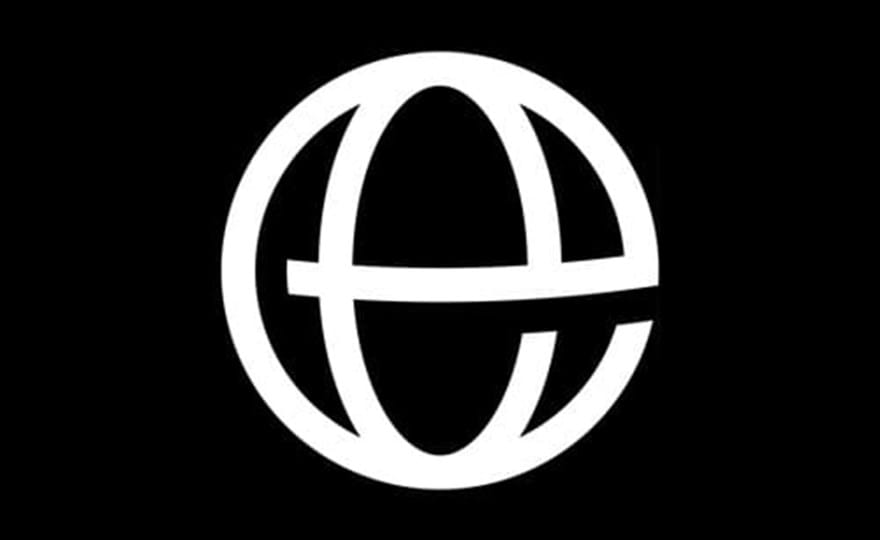ClientEarth Communications
31st July 2017


ClientEarth has today complained to the EU Ombudsman about the European Commission’s unlawful handling of a long-delayed list of nano-chemicals in cosmetics.
Originally due in 2014, the Commission finally published the catalogue on 15 June 2017, three and a half years later, Despite the lengthy delay, the list still does not let people identify which cosmetics contain potentially harmful nanomaterials, or assess the threat they may pose to human health.
The Commission repeatedly said the list would be published within weeks, then claimed the list did not exist after ClientEarth requested it. It also misinterpreted EU Court precedent on access to documents in an attempt to keep information secret.
This protects the cosmetics industry rather than consumers. It also goes against the Commission’s own words during the debate at the European Parliament in 2009, when it argued the new rules on cosmetics would provide “…greater security and greater transparency for consumers… [and] improve the level of information provided to consumers”.
ClientEarth lawyer Anne Friel said: “EU law specifically recognises the danger nanos could pose to people, so gave them information rights to balance the scales. Our complaint to the Ombudsman shows that the Commission has consistently breached and frustrated these rights.
“After deliberate delays of three and a half years, the Commission’s list does not contain the necessary information on nanos in the beauty products people use every day, further delaying consumers’ ability to make informed decisions. This is unacceptable, and the Commission’s contortions to avoid releasing the list in the first place are a shocking dereliction of duty.
“We call on the Ombudsman to investigate this unlawful practice and stop the Commission blocking access to the information to which consumers are entitled, and which will let them make informed decisions.”
Nanomaterials are chemicals engineered to be up to a million times smaller than a millimetre. Nanoparticles are generally more toxic than larger particles of the same chemical, because they have a much larger surface-to-volume ratio. They are also much more readily absorbed into the body, because they are so small. Far too little is known about the risks nanos pose, but they are thought to cause inflammation (for example, in lungs) and to alter genes.
The European Ombudsman – an independent and impartial EU body – should open an investigation into these acts of maladministration and hold the Commission to account for frustrating consumers’ and civil society’s rights to know about the risks of products people use every day.